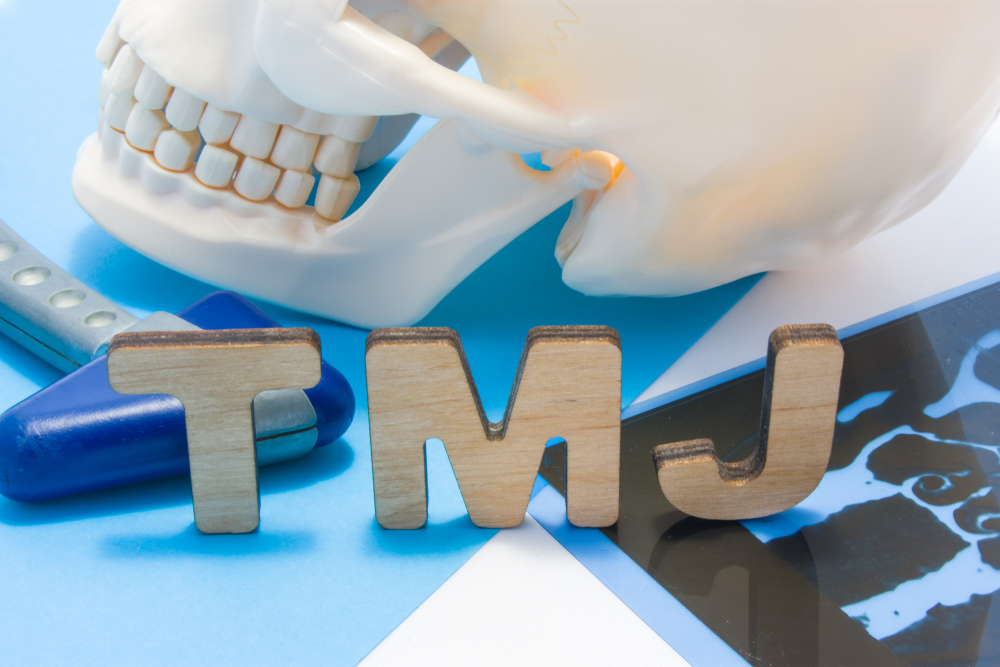When you get a new medical diagnosis, chances are you’re going to have a lot of questions that go along with it. A temporomandibular joint dysfunction (TMJ dysfunction) diagnosis is no exception. From what to eat to how to ease some of the pain that goes along with this disorder, there can be a lot to learn – and a lot to cover. Here are a few common questions and answers about temporomandibular joint dysfunction.
Are these symptoms normal?
Because of the nature of TMJ dysfunction pain, one of the most common questions people have is if the pain they are experiencing is a normal side effect of the condition. Because of its location, the temporomandibular joint affects many systems of the body, including the head, neck and back. If you are experiencing pain and stiffness in any of these areas, it could be due to your TMJ dysfunction. Another symptom that sometimes surprises people is tinnitus (ringing in the ears), which can also be caused by TMJ dysfunction due to the TMJ joint’s close proximity to the ears.
What do I do if my jaw locks?
When many people think of TMJ dysfunction, they think of a stiff or locked jaw. This can certainly happen with TMJ dysfunction, though it does not happen in every case. If it does happen to you, the first thing you should do is apply warm compresses to the jaw to soften the muscles and joints. Do not force the jaw open, as this can make the pain worse. If you can, call (or have someone else call) Dr. George and schedule an appointment.
Is there a cure for TMJ dysfunction?
While there is no cure for TMJ dysfunction, there are several treatment options. The best and least invasive is neuromuscular orthodontics, which reposition the lower portion of the jaw so it aligns better with the temporomandibular joint. This treatment is an investment in time that will pay off in a pain-free life.
How can I prevent my TMJ dysfunction from flaring up?
Sometimes we have no control over whether our TMJ dysfunction symptoms act up, but there are things we can do to help prevent or lessen their severity. For example, limiting chewy or crunchy foods and not clenching the jaw or grinding the teeth can all help remove undue pressure on the jaw. If you find yourself clenching or grinding, contact Dr. George about a custom bite guard that may absorb some of the shock from your jaw. A recent study even found that gastroesophageal reflux disease, or GERD, may contribute to TMJ dysfunction, so if you find yourself experiencing frequent heartburn or acid reflux, consider seeing a gastroenterologist and treating this condition, as it could be influencing your TMJ dysfunction, too. For answers to any of your TMJ dysfunction questions, please call Dr. George at 724-220-2347.


